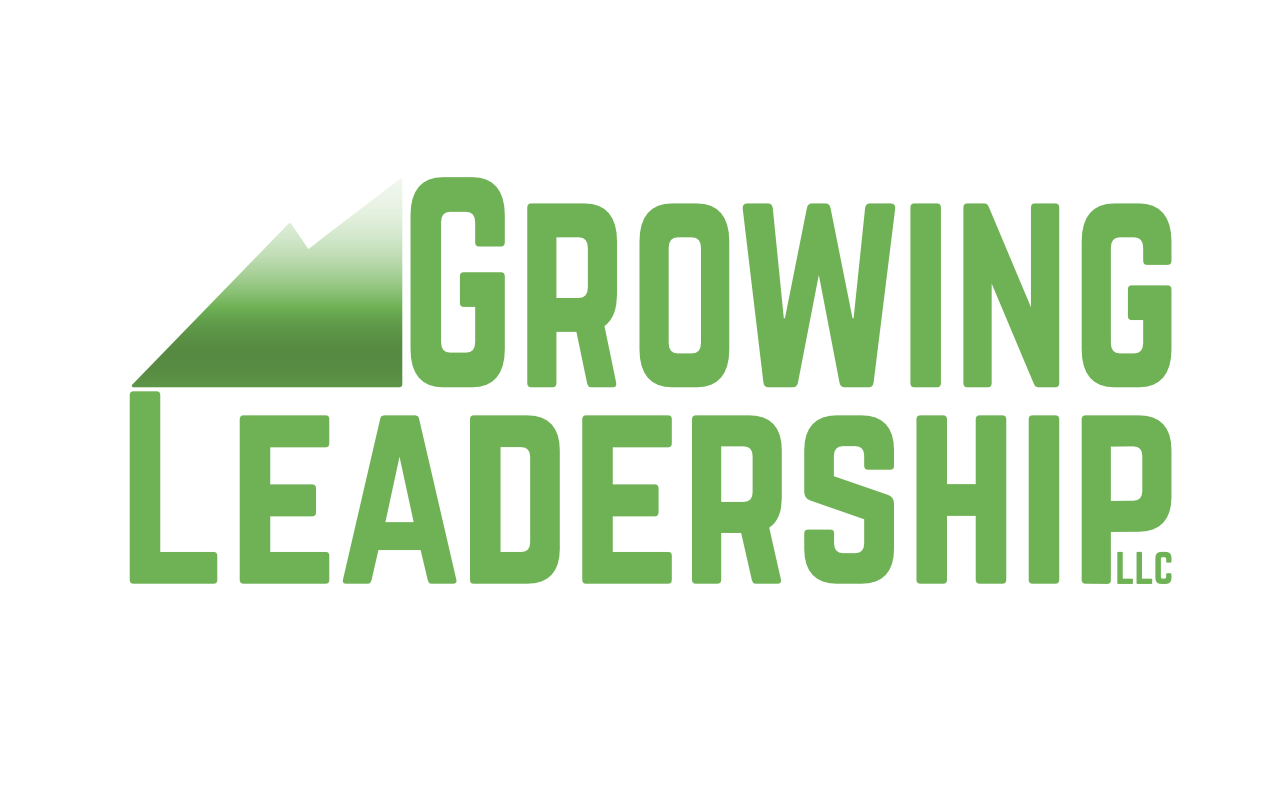Conflict is normal in any organization, but serious conflicts left unresolved can diminish business effectiveness, undermine working relationships, and erode employee morale. It is a natural tendency to avoid conflict, and best when employees work out their issues with co-workers on their own. But effective leaders know that they sometimes need to engage, whether they want to or not!
Read MoreAre you creating a work environment that encourages employees to maximize their talents and bring their best selves to work? Or is the work more transactional – they do exactly what you ask, no more and no less? Every business has expectations, of course, but leaders who focus too much on results may be less successful in the long run than those who pay more attention to the process that helps employees achieve them. Check out my full column on this subject in the May 7 edition of the New Hampshire Business Review.
Read MoreThe most successful leaders understand that quality communication, listening, and feedback are key elements of their effectiveness. When communication is ineffective, people may become cynical, and rumors can circulate. This diminishes morale and productivity. “They don’t really mean what they say,” is a common workplace complaint. The most effective leaders continuously reflect on their impact and seek ways to up their leadership communication game.
Read MoreHow are you managing the inevitable changes in your life or business? Do you feel you are pushing against the current or surfing the wave? Would a different way of thinking help you to more effectively adapt to change? Perhaps some outside help would help you see where there might be fresh perspectives or new opportunities.
Read MoreGratitude is the single factor that most drives happiness. The glass may be half-empty, but do we take enough time to really appreciate the half-full portion? One of my favorite quotes is by Henry Matisse: “There are always flowers for those who want to see them.” Leaders, too, have an opportunity to make a difference. Relationships and how we treat each other matter.
Read MoreThe pursuit of happiness is well ingrained in our national psyche, but achieving it can be elusive. Tal Ben-Shahar wrote in Happier: Learn the Secrets to Daily Joy and Lasting Fulfillment that people who strive to achieve some future goal, while miserable in the present, rarely find true happiness. Happiness, at some basic level, needs to flow from within, but leaders who create connections and a sense of purpose can create a work climate that encourages people to flourish.
Read MoreYour fundamental values and beliefs represent the core of who you are, argue James Kouzes and Barry Posner in their book Learning Leadership. If you aren’t clear about your values, you won’t be clear about your decisions and the actions you take. Dr. Brené Brown lists 100 values and suggests selecting your top two. For more on this topic, check out my latest NH Business Review column: https://read.nhbr.com/nh-business-review#2020/12/04/?article=3620695
Read MoreJon Meacham, author of The Soul of America: The Battle for Our Better Angels, was a recent guest on Brené Brown’s “Dare to Lead” podcast. Our better angels constantly do battle against our basic instincts, Meacham observes. Leaders are ultimately most effective when they are open and honest. Leadership is in each of us, ready to blossom and grow if we cultivate it.
Read MorePeople problems and work conflicts are among the most challenging aspects of being a leader, no more so when employees let political differences get in the way of their work with colleagues. Successfully managing these challenging situations is an important element of leadership effectiveness, including helping employees to develop new skills and better understand how their behavior impacts others.
Read MoreCourage is being brave and confident enough to do what you believe is right, including the ability to act when facing opposition or even risk to your reputation. Failure to apply courage can result in avoidance of important decisions which can have serious consequences, including undermining staff morale and diminishing the business bottom line. Applying courage, of course, is not always easy.
Read More
